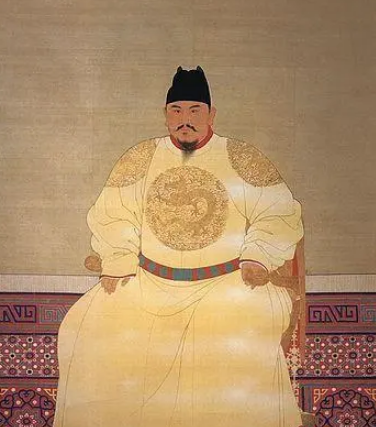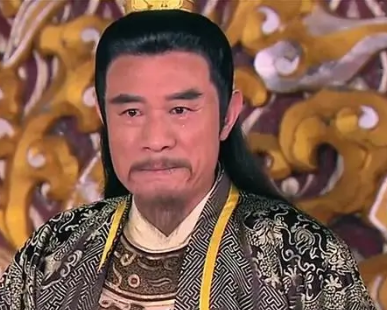The Decree of Enfeoffment was an important policy implemented during the reign of Emperor Wu of the Han Dynasty, aimed at weakening the power of the feudal princes and strengthening centralization. This policy, due to its direct and obvious purpose, was hailed as "the first open-minded strategy." This article will explore the reasons why the Decree of Enfeoffment was called "the first open-minded strategy" and its political influence and significance. Firstly, let's understand the background of the Decree of Enfeoffment. Before Emperor Wu, the Western Han Dynasty implemented a feudal system, where feudal princes possessed considerable autonomy and military power. Over time, some feudal princes gradually accumulated strength to rival the central government, posing a threat to centralization. So, why was the Decree of Enfeoffment called "the first open-minded strategy"?

1. Obvious political purpose: The political purpose of the Decree of Enfeoffment was very clear, namely to weaken the power of feudal princes by dividing their territories and thus strengthen the power of the central government. This direct and obvious purpose made the Decree of Enfeoffment a typical open-minded strategy, i.e., a public and righteous strategy.
2. Implementation method of the strategy: The specific measure of the Decree of Enfeoffment was to divide the territories of feudal princes into several smaller pieces and enfeoff them to their descendants. This not only demonstrated the emperor's favor but also actually weakened the strength of feudal princes. This implementation method was direct and effective, in line with the characteristics of an open-minded strategy.
3. Far-reaching political impact: The implementation of the Decree of Enfeoffment had a profound impact on the political landscape of the Han Dynasty and even later generations. It successfully weakened the power of feudal princes, strengthened centralization, and laid the foundation for the unity and stability of later generations. This far-reaching influence is also one of the reasons why the Decree of Enfeoffment is considered "the first open-minded strategy."
4. Evaluation and reference by later generations: The Decree of Enfeoffment has received quite positive evaluations in history and is considered a wise political decision. At the same time, it has also provided a reference for later rulers, becoming an important reference for them in handling similar issues.
In summary, the Decree of Enfeoffment is called "the first open-minded strategy" due to its obvious political purpose, direct implementation method, far-reaching political impact, and positive evaluation by later generations. Through the analysis of the Decree of Enfeoffment, we can gain a deeper understanding of the wisdom of the political strategies of the Han Dynasty and its status in the history of ancient Chinese politics.
Disclaimer: The above content is sourced from the internet and the copyright belongs to the original author. If there is any infringement of your original copyright, please inform us and we will delete the relevant content as soon as possible.






























